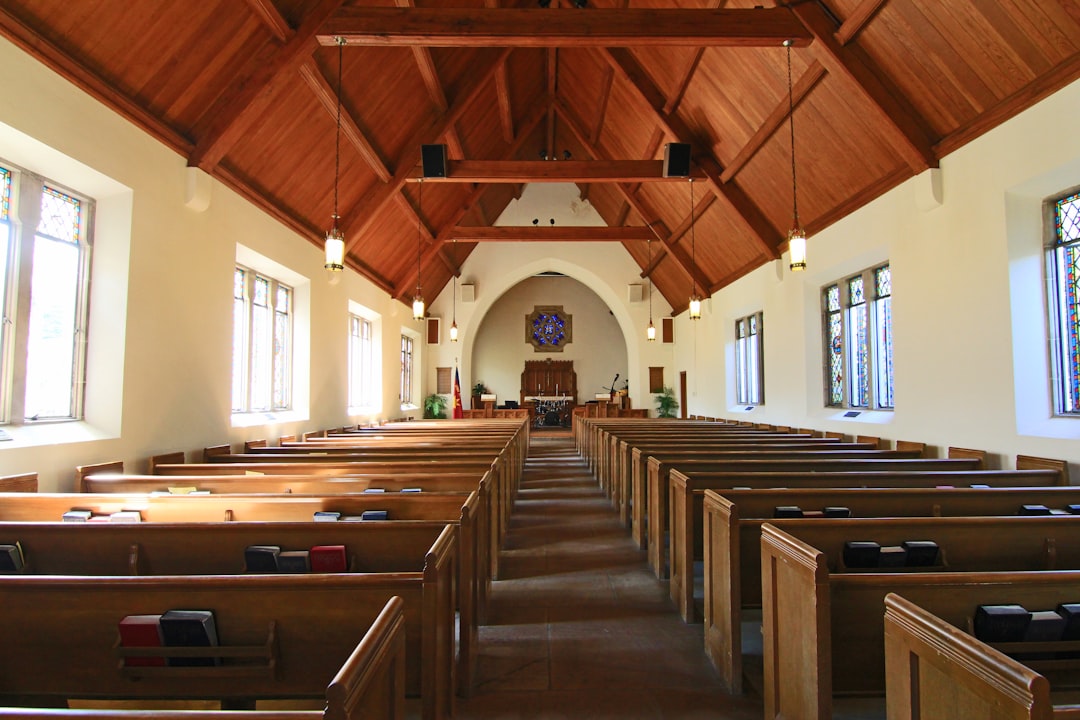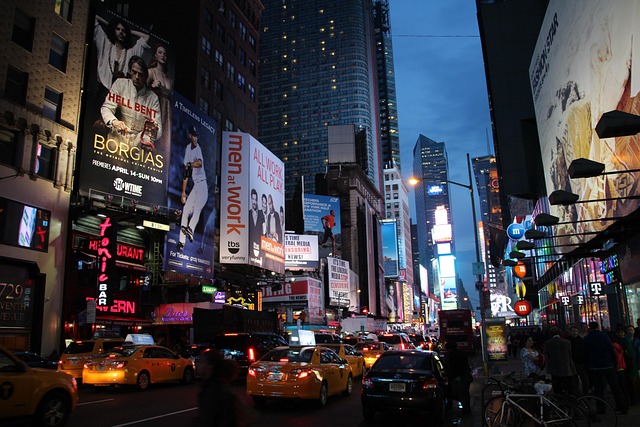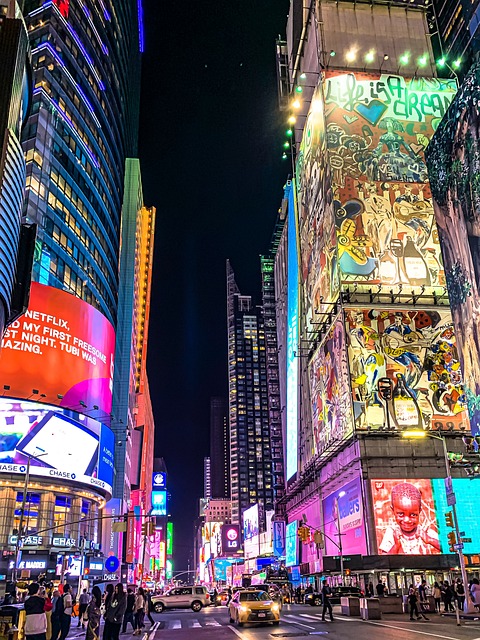Victims of clergy sexual abuse in New York have a limited time to file lawsuits (three years from age 18 or discovery), making it crucial to consult with a specialized clergy abuse attorney in NYC. These professionals navigate the complex legal landscape, protect victims' rights, and guide them through evidence collection, witness interviews, court representation, or negotiations, ultimately aiming for justice and closure. Immediate action is vital; connect with a qualified clergy abuse attorney in New York (NY) for personalized guidance on time-sensitive claims.
In New York, time is of the essence when it comes to pursuing justice for clerical abuse. Understanding and navigating the state’s legal time limits can be complex, but crucial for victims seeking redress. This article guides you through this process, focusing on key aspects such as the role of a specialized clergy abuse attorney in NYC and actionable steps to take when considering legal action. Equip yourself with knowledge and connect with a qualified clergy abuse attorney in New York to begin your journey towards healing and justice.
Understanding New York's Legal Time Limits for Clergy Abuse Cases

In New York, there are specific legal time limits in place for filing lawsuits related to clergy abuse cases. These time limits, also known as statutes of limitations, vary depending on the type of abuse and the age at which the incident occurred. For instances of child sexual abuse by clergy members, the time limit is three years from the date the victim turns 18 or discovers the abuse, whichever comes later. This means that victims who waited to come forward after reaching adulthood still have a limited window to seek justice.
If you’re considering legal action against a New York clergy member or institution for abuse that occurred in the past, it’s crucial to consult with a skilled clergy abuse attorney. They can provide guidance tailored to your specific situation and help ensure that any lawsuit is filed within the appropriate time frame. Don’t hesitate to reach out to a lawyer specializing in these cases—there are dedicated professionals ready to assist you in navigating this complex legal landscape and seeking the redress you deserve.
The Role of a Clergy Abuse Attorney in NY

In New York, victims of clergy abuse have a right to justice and healing. A dedicated clergy abuse attorney in NY plays a pivotal role in navigating this complex legal landscape. They specialize in handling sensitive cases involving allegations against religious leaders, ensuring that victims’ voices are heard and their rights protected. These attorneys possess an in-depth understanding of the unique challenges faced by survivors, offering them the support needed to pursue legal recourse.
With knowledge of the state’s laws and time limits regarding such claims, a clergy abuse attorney in NY can guide clients through every step of the process. They help victims understand their options, collect evidence, interview witnesses, and ultimately, represent them in court or during negotiations with religious institutions. Their expertise facilitates a smoother journey towards justice and compensation for the harm suffered.
Taking Action: Steps to Pursue Justice in Clergical Abuse Claims

If you or someone you know has experienced clerical abuse in New York, it’s crucial to take immediate action. The first step is to reach out to a qualified and experienced clergy abuse attorney in NY who can provide guidance tailored to your unique situation. They will help navigate the legal complexities and time limits associated with these sensitive cases.
Time limits for filing claims related to clerical abuse vary depending on the type of case and state laws, so it’s essential to act promptly. A clergy abuse attorney in New York will assess the evidence, consult with relevant experts, and develop a robust strategy to ensure your rights are protected. They’ll guide you through the legal process, from preparing and filing necessary documents to representing you in negotiations or court proceedings, striving for justice and closure.






